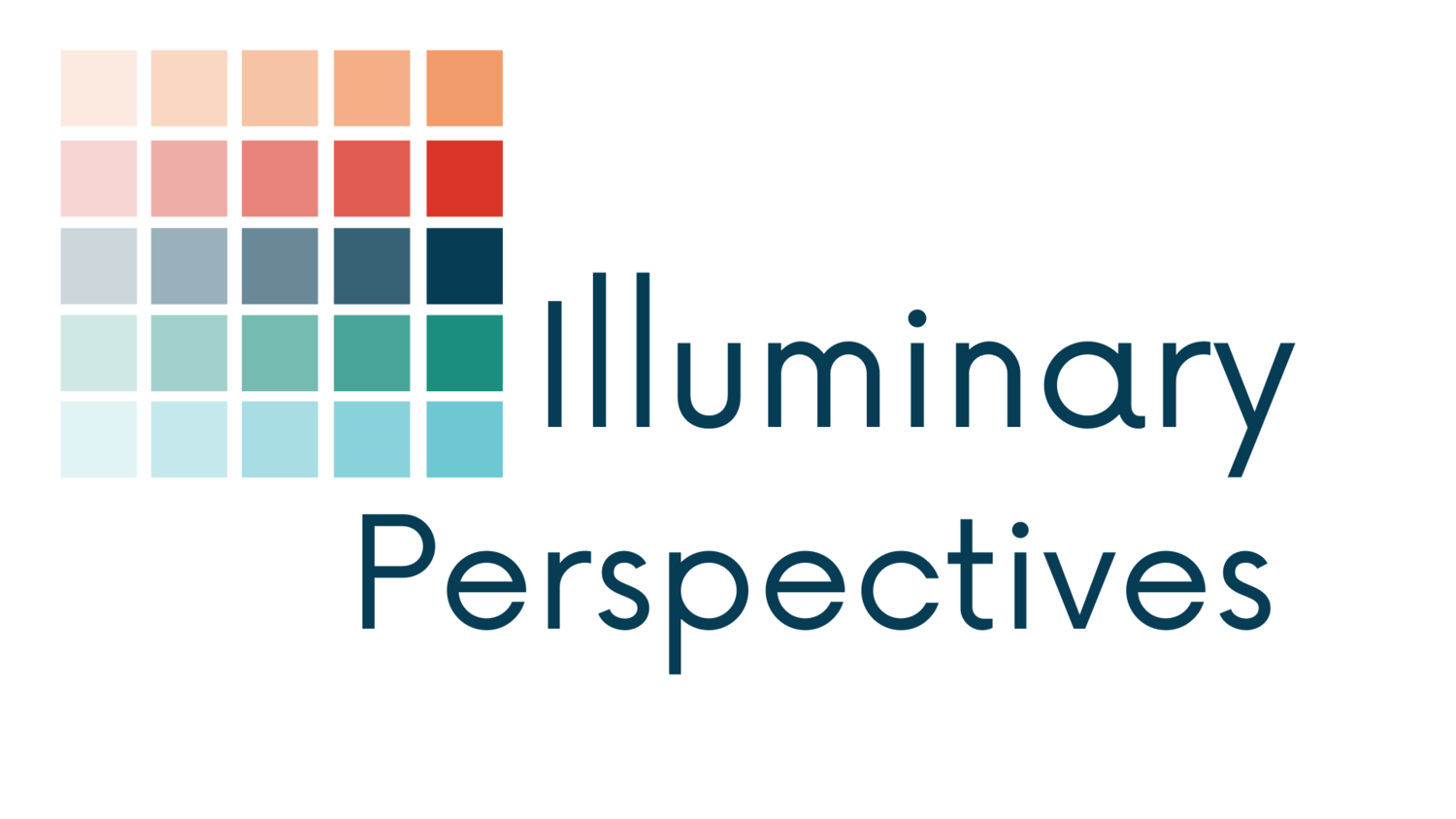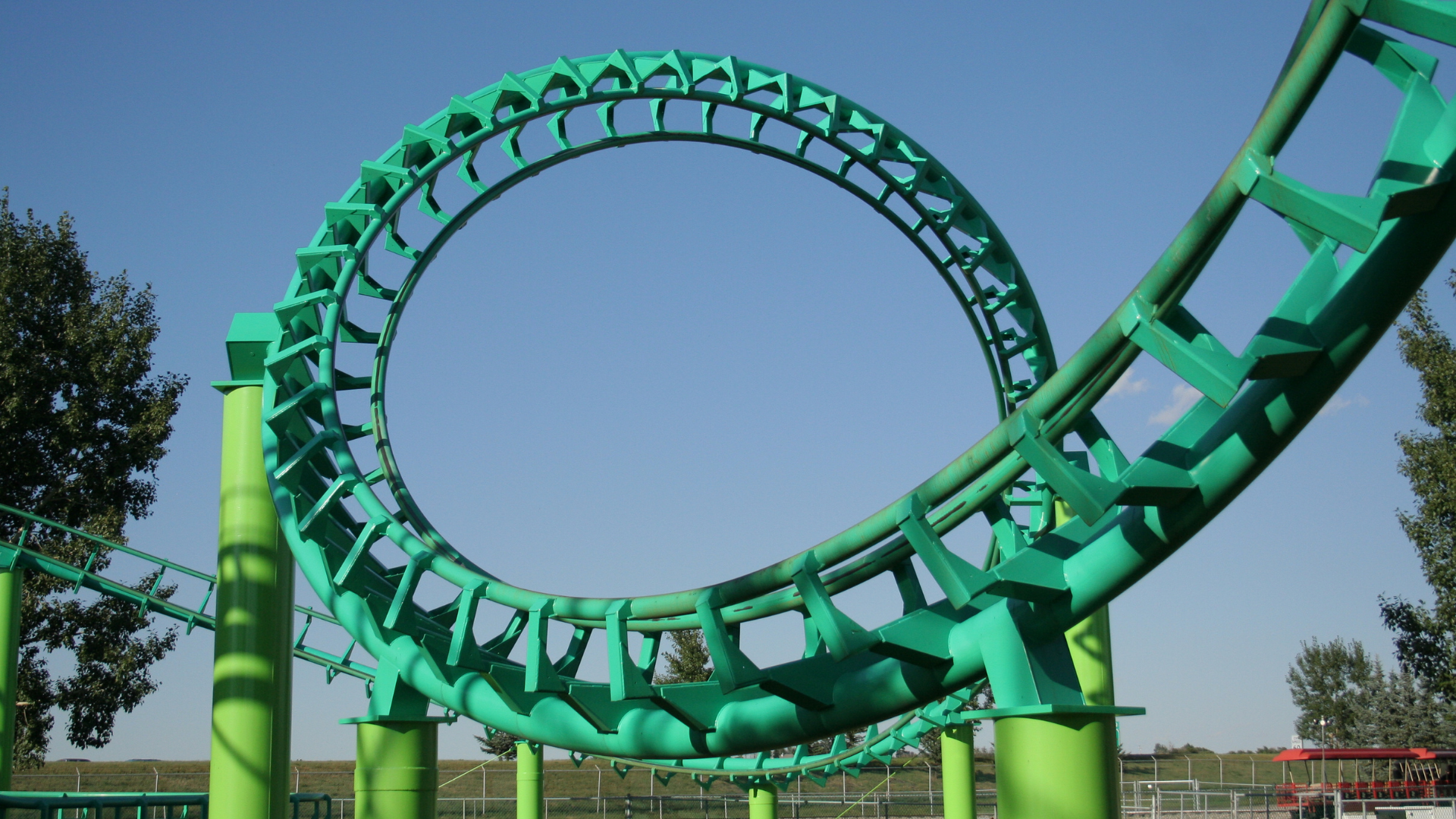
Current Perspectives
Get your theory of change work for you
Does your mission-driven organization have a theory of change? Do you actually use it? Most mission-driven organizations that I have encountered don’t have a true theory of change, and if they do, they don’t see the power that their theory of change has in their day-to-day work. What if I told you that your theory of change could help you reach your goals? Well, it can.
Overcoming Barriers to Learning
By engaging in the ongoing, daily process of learning, your organization can improve your impact, program experience, and staff morale. But we (including myself) have a tendency to jump too quickly to tactics for reflection and learning. Without identifying and addressing the barriers to learning that are present within our organizations, we are not going to be able to make any sustained progress. You can provide the evidence and build learning habits, but if you don’t address the barriers to learning, people won’t be able to practice them.
Closing the loop: Reflect, engage, adapt
You’ve asked your meaningful question, you’ve gathered your intentional evidence connected to that question. Now it’s time to answer (as best you can) that meaningful question by reflecting on and engaging with your evidence and engaging with others. And remember that when meaningful questions are answered, they change the way you work.
Intentional evidence is all around
Gathering intentional evidence shouldn’t be intimidating. Fostering curiosity about your meaningful question(s) will make you want to seek out this evidence to deepen your understanding about your work, your communities, and your impact.
Better learning through better questions
Not all questions are created equal. Purposeful learning starts with asking meaningful questions.
Embracing learning with a purpose
Purposeful learning is a mindset, approach, and process that will help you do your work more effectively and deepen your impact.







